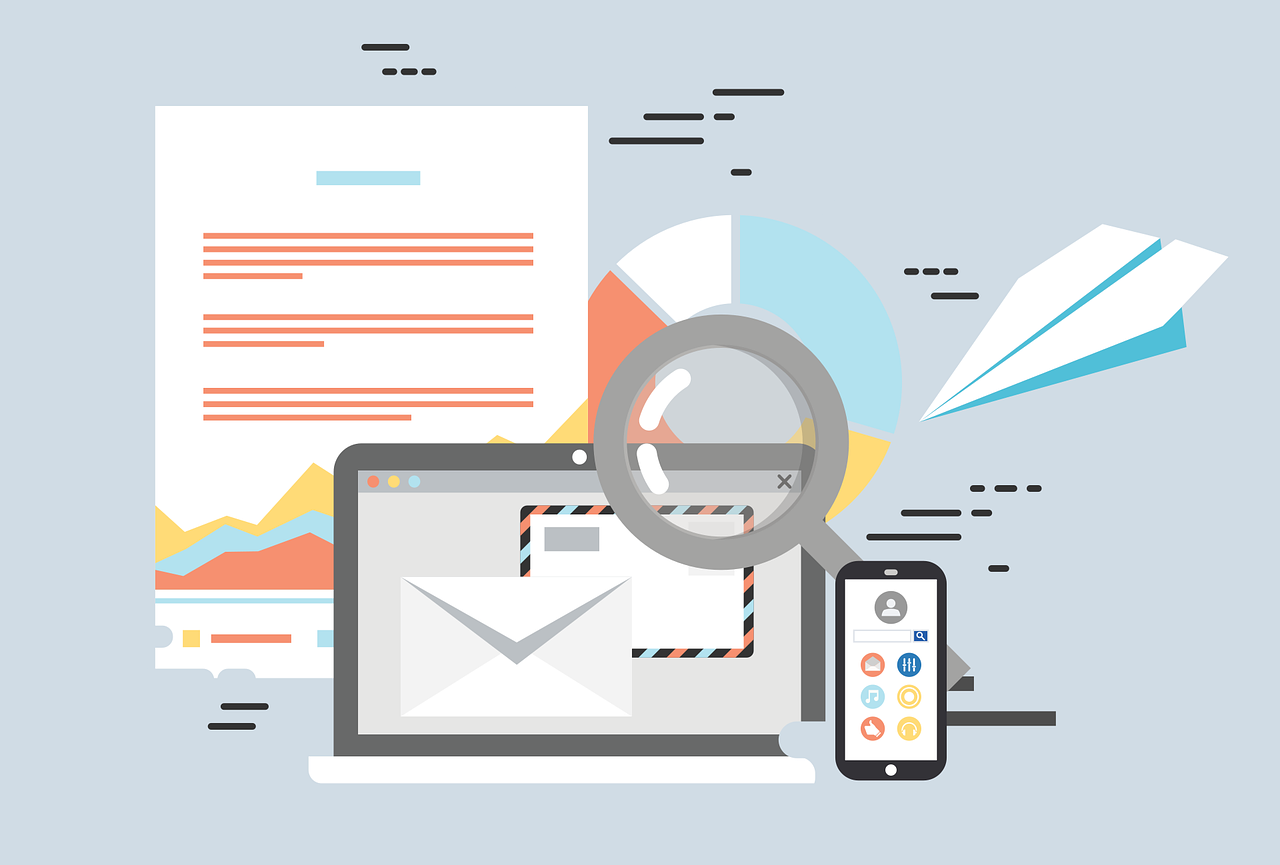What is MarTech all about?
Marketing Technology, or MarTech, refers to the online tools/software used by marketing teams to drive customers through the marketing funnel – driving awareness, attracting and engaging with prospects, and converting them into leads. Marketers use these tools to help them plan their marketing campaigns, run them, and measure their performance.
According to Statista, the worldwide industry value for MarTech was almost $345 billion with ~10,000 marketing technology solutions available worldwide, having grown from only ~150 in 2011. With continuous advancements in technology, the marketing technology landscape is set to grow even further and is essential to creating a successful marketing strategy.
So, how do you get started? To ensure a successful MarTech strategy, you need to have the right set of tools for your business, also known as your MarTech stack.
Why you need a MarTech stack
While the MarTech stack for each company is different depending on the company characteristics, budget, team expertise, marketing channels, etc. there is usually a set of basic software/tools that are implemented in most organizations. There are usually a set of activities that are associated with every marketing team that have a plethora of MarTech tools you can choose from –
- Website and Content Marketing – Your website is the lynchpin for all your marketing activities online and the user experience that your website offers can be a key determinant in how your audience engages with you. Also, it is important to ensure that you publish helpful, informative content in the form of blogs, whitepapers, etc. to showcase your expertise and provide more value to your visitors.
- Social Media Management – Social Media allows you to communicate with your prospective audience across multiple platforms with content forms like text, images, and videos.
- Email Marketing – Email marketing helps you continue to engage with your prospect and leads directly through emails around distributing information, the latest offers, etc.
- Digital Advertising – Paid advertisements across Search engines, Display/Banner ads, and even Video ads can be really effective at reaching your audience both if you wish to raise awareness for prospects as well get people who might be searching for a solution (intent-based) you provide to visit your page.
- SEO – As the joke goes – ‘The best place to hide a body is on the second page of google search results’, you have to make sure that your website/pages rank as high as possible on search engine results to get your audience to visit your web pages. SEO encompasses a wide range of activities to help you get your site to appear higher on search results for searches that might be relevant to you.
- Analytics – What can’t get measured, can’t be improved, and analyzing the performance of your web content is key to understanding your customers’ preferences and tailoring your marketing strategy accordingly. Analytics tools help you collate data across platforms to truly understand the performance of your marketing activities.
- Marketing automation – Scheduling emails/social posts in advance, creating automated workflows that act based on customer activity, marketing automation tools are meant to help reduce routine actions for your team so you can focus on more productive activities
In addition, there are other tools that amplify your marketing tactics like the following –
- CRM (Customer Relationship Management) – CRMs allow you to store information about your leads and their activities helping you develop a much better understanding of your customers based on their actions. These are also often linked to sales-focused tools for effective marketing-sales collaboration.
- CMS (Content Management System) – Your website is your main touchpoint with your prospects on the web and a CMS can help you manage both your website as well as blog posts to help publish content on the web.
Other tools that companies sometimes include can be related to Lead management, A/B or Multivariate testing, Customer Experience Management, Web traffic heat maps, etc.
The growth of MarTech has also seen multiple innovations to make the work of the marketing team easier – All-in-one solutions allow you to manage your entire activity from a single platform, promoting the ease of analyzing the data. In addition, the availability of APIs has allowed sharing of data between multiple, disparate systems for better efficiency. Also, the introduction of AI tools aimed at content and image generation has made it easier for marketing teams.
Tools worth checking out
- Social Media Management – Sprout Social, Hootsuite, Buffer
- Email Marketing – Drip, Mailchimp
- CMS – WordPress, HubSpot, Wix, Joomla
- All-in-one tools – HubSpot, Zoho Marketing, Marketo
Conclusion
MarTech is already playing a pivotal role in how organizations carry out their marketing activities, and the adoption of these technologies will only accelerate in the future. If your organization still needs to start making use of these tools and technologies, there is no better time to start than now.
In the next post, I will be taking a deeper dive into some of the essential MarTech tools that you can get started without needing to pay, especially if you are just starting out on your MarTech journey.
So, what are you waiting for? If you need help identifying the right set of tools for you, I can help – reach out to me at apoorvksingh@gmail.com.

